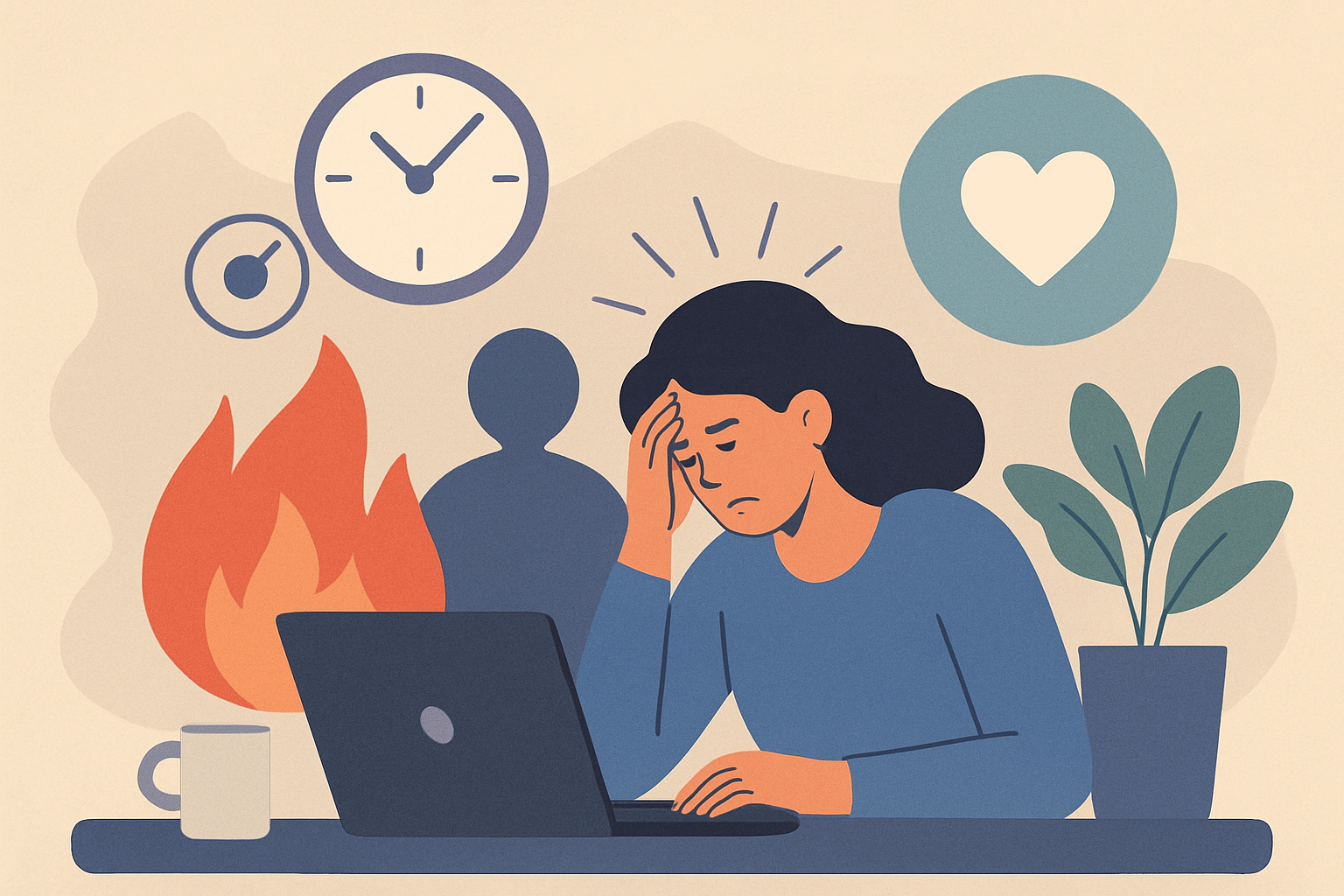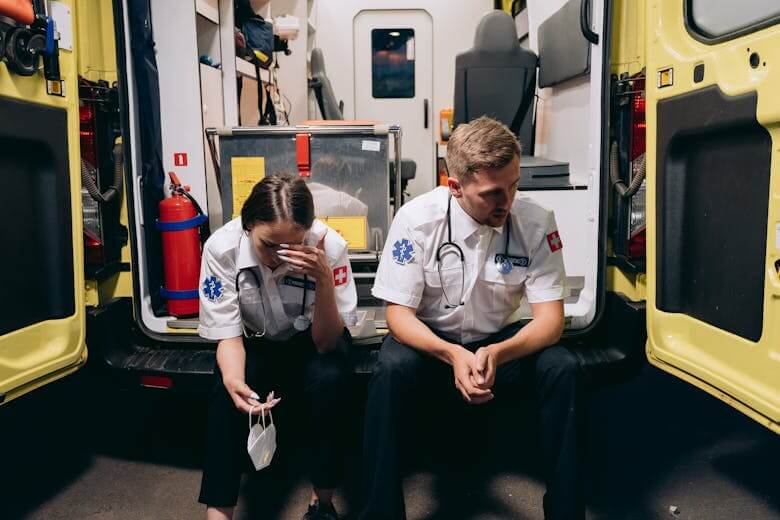Reflect to create and thrive in your new normal

As life forced many of us to move from one type of daily normal to another, advice on how to better transition to working remotely started to inundate us. At some point, it seemed every other article had ‘the’ top ten tips for working successfully from home. Some articles mentioned creating a fixed schedule. Others recommended taking regular breaks during the day and carving out time for dedicated exercises. Still others referenced a host of different tools that would help us better manage our time, be more productive, and stay on track. Many addressed how to effectively navigate a remote working relationship and communicate better with our team. Almost every list seemed to emphasize communication, and rightly so, as we all must have had some firsthand experience with the disastrous results of too little or too much communication. All these articles contained nuggets, if not huge parcels of truth and good advice, especially the ones written by those we would call the telecommuter giants – people who have had years of experience working from home.
Yet, as I read the millionth article that received as many positive comments and thumbs up as the last one I had come across, and which seemed to follow a similar thread, I could not help feeling that something crucial was missing. A crucial piece that would really help tie it all together. The puzzle was almost complete, save for that center block that had fallen out of the box and was nowhere to be found. I found myself wondering when they were going to address that first step that we all needed to take. That first step we would need to take before we started availing ourselves of those productivity tools, those communication tips, or those scheduled breaks. How many of us truly stopped to take inventory of ourselves before diving headfirst into that proven list of top ten tips and trying to fit those recommendations into our own lives and our unique living situations? How many of us spent a little time reflecting openly and honestly with ourselves, before deciding to accept that the picture of the remote worker we saw being painted everywhere around us — on social media, in that webinar or virtual conference we attended recently, in those email reminders from the office or weekly office meetings — was the kind of remote worker we also needed to be, even if it left us feeling overwhelmed or perplexed? We have all been tasked with keeping the wheels of productivity turning. Many are hard at work trying to create a new sense of normal for everyone, trying to fit us all into a new sense of remote productivity. Many are desperately trying to fit into this new sense of remote productivity, even if they end up feeling like a square peg being forced into a round hole!
It has been over seven months since the lives we once considered ‘normal’ changed. That normal life we once led, the one that often caught some of us at the crack of dawn thinking we could do with another hour of sleep. That normal life, where we often thought that ‘today’ we would be more productive if we could work from home; ‘today’ we would finally leave the office on time to spend some quality time with our family or close friends; ‘today’ we would finally start getting our health in order and go for a walk during lunch; ‘today’ we would read that article, start the methods section of our dissertation, or better still, finally get some data so we could have something to analyze for our thesis. For many of us, our normal once consisted of many hours stuck in traffic, pushing against the ebb and flow of human bodies in a crowded bus, crammed into tight subway cars, or too many hours in a closed office hunched over a computer screen under fluorescent lighting. Now, we sometimes find ourselves craving for the normal life that existed outside of our homes, where many of us have been forcibly confined for long periods daily due to the current situation.
For many, the euphoria of no more daily traffic jams has long been replaced with a sense of hothouse from being forcibly confined to eat, sleep, work, and relax in the same environment, day in and day out. Some of us have that additional square footage that allows us to create a nice little cubicle space in one part of a room or even a whole separate room, with a door we can close to shut out noises. Some of us are sharing a desk with another person at home, taking turns to make phone calls or have a virtual meeting. Some are still working around their children’s schedule, even with the re-opening of some schools. None of us truly knows what it is like to ‘successfully’ work under these conditions. We are not just working remotely from home; we are working remotely from home during a global pandemic. Therefore, the concept of working remotely from home will and should mean something different for each person, especially under these circumstances.
We need to be mindful of the fact that we are all unique human beings, who often attain that sense of productivity and general wellbeing in different ways. For example, we have easier access to information and better ability to stay in touch with each other than people living during the time of the Spanish Flu. Yet, the impact that this easier access to information and better ability to stay in touch will have on productivity and wellbeing will vary for different individuals. On the one hand, some individuals may thrive, and an increased sense of productivity is the result. On the other hand, some individuals may experience an overwhelming sense of fatigue from information overload and from living a life that leaves them feeling as if they are always connected, always ‘on’. Allowing yourself a moment of pause, to stop and honestly reflect on which of these scenarios best describes you could bring you one step closer to understanding how to be your best productive self, especially in these times. It is by first openly recognizing your own strengths and your own limitations that you can begin to create the right kind of environment for nurturing and fueling your productivity.
Self-reflection, in the simplest of terms, is an open and honest examination of the self. It is not a critical look inward that is intended for you to over-analyze, excessively ruminate, or nitpick at yourself. The intention is not to look inward to find faults, to procrastinate, or to find reasons to avoid challenging situations. Rather, it is a balanced and neutral look inward, with the end goal of learning more about the true you — your emotions, your feelings, your actions, your motives, your strengths, your limits — so you can be the best version of yourself in any given situation. The need to self-reflect is an important step, yet, it is one that can be easily overlooked. Afterall, it is a skill that does not come naturally, it takes time, and it requires ongoing effort. While there are no hard and fast rules on how to self-reflect, there are general guidelines to get you started. For example, there are guidelines to help you understand the type of reflective questions to ask so you can start having this positive and regular conversation with yourself. The decision to write in a journal, make voice notes, or use an app as you engage in this activity is a personal one. Furthermore, there is no set standard on how long you should spend self-reflecting, how many times per day, per month, or per year you should do it, or what stance you should maintain when in self-reflection mode. It is unimportant if it takes place while you are brushing your teeth, in seated pose, or out walking. Rather, the focus is on carving out the time and making it a regular habit to stop and check in with yourself. Doing it regularly is important, as we and our circumstances are constantly evolving.
Self-reflection is a practical step to help us foster ongoing development, productivity and general wellbeing, by helping us identify skills and areas that enrich as well as those that impoverish our growth. With each passing month, as some restrictions are lifted and some are put back in place, as our circumstances continue to evolve it is important to make self-reflection a regular habit. For those who took that rudimentary yet crucial step one, did you feel more self-aware? Perhaps, you recognized that whereas others could schedule back to back virtual meetings or attend several online events in one week, just one virtual meeting could leave you extremely fatigued. If you felt more self-aware, were you able to identify specific areas of your life, whether personal or professional, where you could affect positive change? Perhaps, you decided to limit your daily virtual presence or schedule downtime after each online meeting or virtual event, so you could attain your productivity. Furthermore, did you feel empowered to communicate the kind of remote worker you could be rather than feel compelled to fit into the general frame being created for everyone? Although self-reflection is a personal and individualized activity that is intended to benefit the individual, by extension it benefits the group. The ability to openly identify and accept our own strengths and limitations, and to openly communicate them to those around us enhances the general wellbeing of everyone and oils the wheels of productivity.





